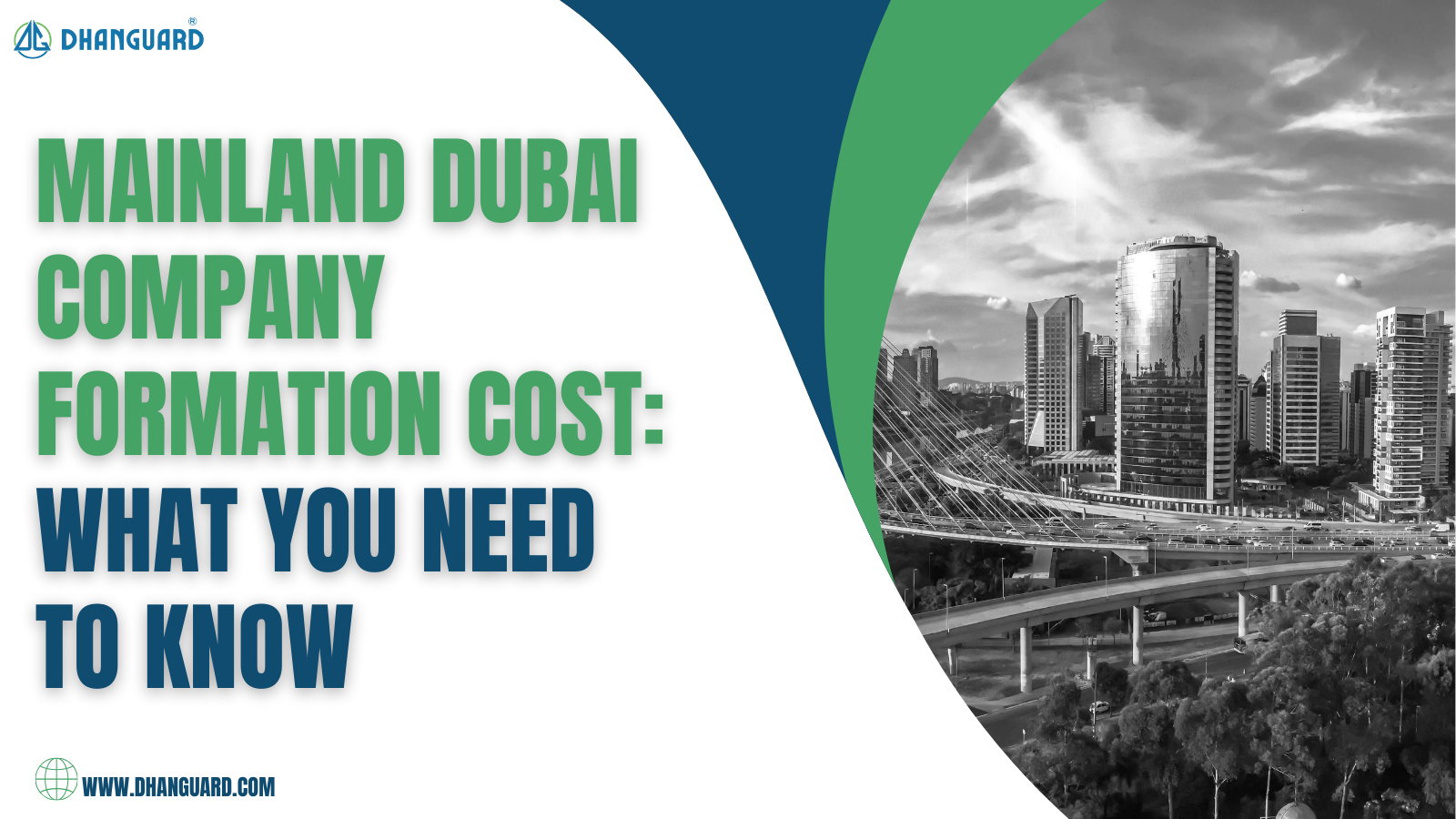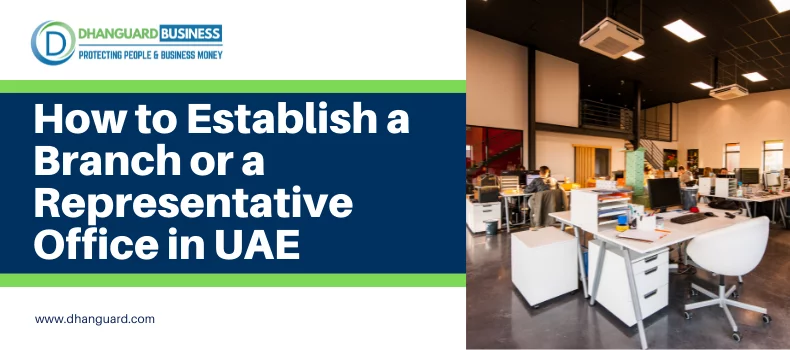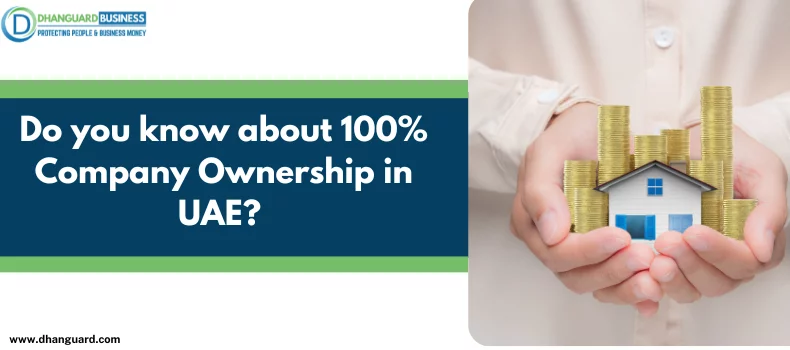Starting a business in the UAE is a profitable opportunity for investors and entrepreneurs worldwide. The strategic location, tax benefits, and solid infrastructure make the UAE an attractive business hub. One of the first steps in company formation in Dubai is understanding the different legal structures available.
Choosing the right type of entity is crucial as it impacts your business operations, ownership, and legal obligations. This guide will walk you through the various types of UAE company formation, focusing on business setup in UAE for Mainland, Free Zone, and Offshore entities.
Types of Company Formation in Dubai, UAE
When setting up a business in Dubai, it's crucial to understand the various legal structures available to ensure compliance with UAE regulations and select the most suitable form for your business goals. Following are the key types of company formation in Dubai, helping you understand which entity may be the best fit for you when you decide to start a business in the UAE.
Sole Establishment or Sole Proprietorship
In the UAE, a Sole Establishment, also referred to as a Sole Proprietorship, is a business owned and controlled by one individual. The trade license is issued in the owner's name, and the entity is considered the simplest form of company formation in Dubai.
Key Features:
-
Unlimited liability for the owner, meaning the individual is personally responsible for all commercial debts and obligations.
-
Common for small businesses and professional services like freelancers, consultants, and artisans.
-
The owner has complete control over the business operations.
Civil Company
A Civil Company is designed for professional businesses such as consultancy firms, engineering practices, law firms, and other similar professions. In this type of entity, the partners are the sole owners of the business, and all partners are personally liable for any debts or obligations incurred by the firm.
Key Features:
-
Ideal for professional services.
-
Ownership is restricted to UAE nationals or GCC citizens in some cases.
-
Each partner is fully liable for the company's debts.
Limited Liability Company (LLC)
A Limited Liability Company (LLC) is one of the most popular forms of UAE company formation. It is a hybrid structure that combines elements of both partnerships and corporations, offering protection for the personal assets of the shareholders.
Key Features:
-
Liability is limited to each shareholder's contribution to the company's capital.
-
It can be formed by two or more shareholders (maximum of 50)
-
The most common structure for business setup in UAE for companies planning to operate within the local market.
Free Zone Company (FZC)
A Free Zone Company (FZC) operates within one of the UAE's designated free zones, which offer businesses a range of incentives and benefits. This structure is highly favoured by foreign investors as it allows for 100% foreign ownership and offers a streamlined setup process.
Key Features:
-
100% foreign ownership
-
No customs duties, corporate taxes, or personal taxes.
-
Restrictions on operating directly within the UAE Mainland.
-
There are over 50 free zones in the UAE, each with its own regulations and advantages, such as the Dubai Multi Commodities Centre (DMCC) and Jebel Ali Free Zone (JAFZA).
Partnership Company
A Partnership Company is formed by two or more individuals who agree to combine their resources and split the profits, risks, and losses of the business. Commonly, law firms, medical groups, and real estate investment firms use this structure.
Key Features:
-
It can be a General Partnership (where all partners have unlimited liability) or a Limited Partnership (where some partners have limited liability).
-
Often restricted to UAE nationals, particularly for General Partnerships.
Private Joint Stock Company (PrJSC)
A Private Joint Stock Company (PrJSC) is a business entity where shares are privately held and cannot be offered to the public. This type of entity is suitable for medium to large businesses.
Key Features:
-
Minimum capital requirement of AED 2 million.
-
Shares cannot be publicly traded.
-
Requires at least three shareholders.
-
Often used by businesses seeking growth and investment opportunities.
Public Joint Stock Company (PJSC)
A Public Joint Stock Company (PJSC) is a company whose shares are publicly traded on the stock market. This structure is suitable for large enterprises looking to raise capital by offering shares to the public.
Key Features:
-
Minimum of 10 founding members.
-
Minimum capital of AED 10 million.
-
Common for companies in sectors like banking, finance, and insurance.
Branch Office of Foreign Companies/Representative Office
A Branch Office of a Foreign Company allows an international company to operate in Dubai without forming a separate legal entity. Unlike other forms of company formation in Dubai, a branch office is an extension of its parent company and is subject to the same liabilities.
Key Features:
-
100% foreign ownership is allowed.
-
It cannot conduct sales or provide services independently but can promote its parent company's products and services.
Conclusion
Understanding the various types of company formation in Dubai is critical for anyone planning to start a business in the UAE. Whether you choose a Sole Proprietorship, LLC, or Free Zone Company, the structure you select will have a direct impact on your business operations, liability, and ownership. Selecting the right type of UAE company formation is key to your business's success in this thriving market.
At DhanGuard, we specialize in providing comprehensive business setup in UAE services. Whether you're interested in forming a Free Zone Company, LLC, or exploring other business structures, we are here to guide you through the entire process and ensure your company formation in Dubai is efficient and compliant with UAE regulations.
Let us help you achieve your entrepreneurial goals in the UAE!
DhanGuard: All-in-One Solution for Business Setup in Dubai, UAE
DhanGuard is your ultimate one-stop solution for all your business needs. Whether you’re planning to set up a new company or expand your existing business in the UAE, we’ve got you covered with our comprehensive range of services. From Business Setup in UAE and Company Formation in Dubai to managing your financial and legal compliance, we provide everything you need under one roof.
Our services include:
- Company Formation in UAE and Dubai
- Opening a Business Bank Account in UAE and Dubai with a 99% success rate
- VAT & Corporate Tax Compliance
- Accounting, Bookkeeping, and Auditing Services
- Trade License Renewal
- Golden Visa Assistance
Let DhanGuard make your journey of Business Setup in Dubai seamless and hassle-free!










